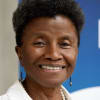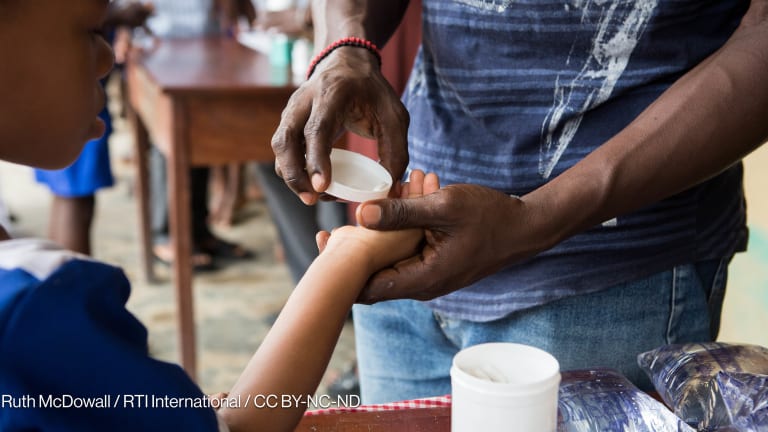
The African Union summit in July was an important milestone for the continent. Beneath the headlines, Africa's leaders began a new chapter in the fight against malaria — one that could have a profound impact moving forward.
The AU’s adoption of the “Catalytic Framework to End AIDS, TB and Eliminate Malaria in Africa by 2030” gives Africa a roadmap that could change the future of the continent. The framework, which also defines goals for AIDS and TB, provides concrete financial and political commitments to eliminate malaria in Africa by 2030.
This is a much needed political step that will help Africa keep pace with recent technological innovations in the fight against malaria.
Technology has already contributed immensely to driving down malaria cases and saving millions of lives. While existing control methods such as insecticides and mosquito nets continue to be a critical part of the equation, new methods will take this fight forward.
Geospatial mapping tracks malaria transmission with unprecedented precision; mobile phone data makes it possible to target interventions accordingly. Health care workers in rural areas across Africa are already regularly using rapid diagnostic tests to make quick and accurate diagnosis before administering treatment. Better diagnostics and treatment have already helped reduce malaria mortality rates in Africa by 66 percent in all age groups and by 71 percent among children under 5 since 2000.
But the threat is evolving. The malaria transmitting female Anopheles mosquito is a killing machine that continues to adapt. It claims the life of a child every two minutes. In 2015, it infected 214 million people across the globe, and 438,000 died, according to the World Health Organization. It is especially lethal in Africa, where 90 percent of malaria deaths and cases still occur.
A new generation of innovations are needed to combat this evolving threat. In labs across Africa and around the world, scientists are working tirelessly on projects, including:
• A single-dose pill, capable of ridding a person of all malaria parasites and preventing future malaria transmission
• More sensitive diagnostics that can detect malaria in people with no symptoms
• Vaccines that could interrupt malaria transmission
• New kinds of insecticides
• Novel mosquito control strategies
Political innovations are needed next. The “Catalytic Framework” is one such innovation. The African Leaders Malaria Alliance — a groundbreaking coalition of 49 leaders and governments working across borders to achieve a malaria-free Africa by 2030 — is another. The ALMA Scorecard for Accountability and Action allows countries to track their progress, identify bottlenecks and drive action in the fight against malaria.
This is just the start. Initiatives such as the recently opened Africa Centres for Disease Control and Prevention can help us with the next steps, which include pushing for increased local manufacture of life-saving commodities and ensuring national regulatory and policy environments keep pace with innovations.
For Africans it is hard to imagine the continent without malaria. We believe it is possible. With innovation, a malaria-free Africa is in sight.
For more Devex coverage on global health, visit Focus On: Global Health
Join the Devex community and access more in-depth analysis, breaking news and business advice — and a host of other services — on international development, humanitarian aid and global health.








